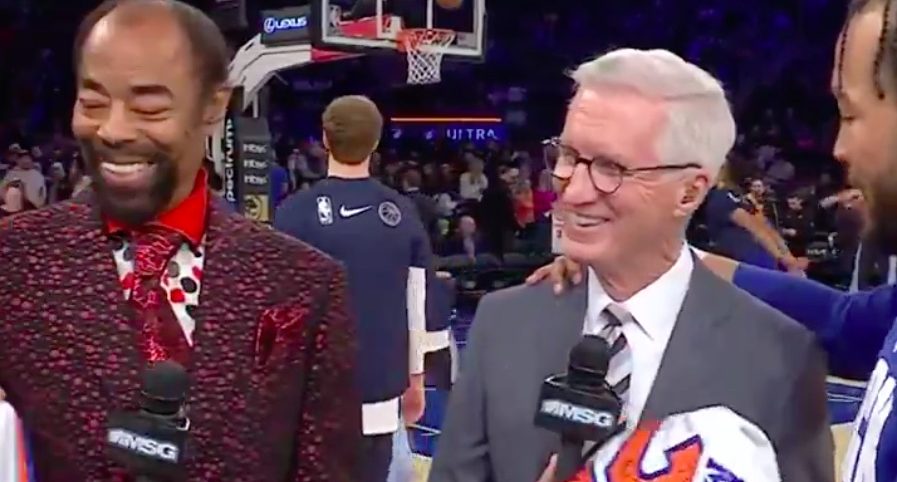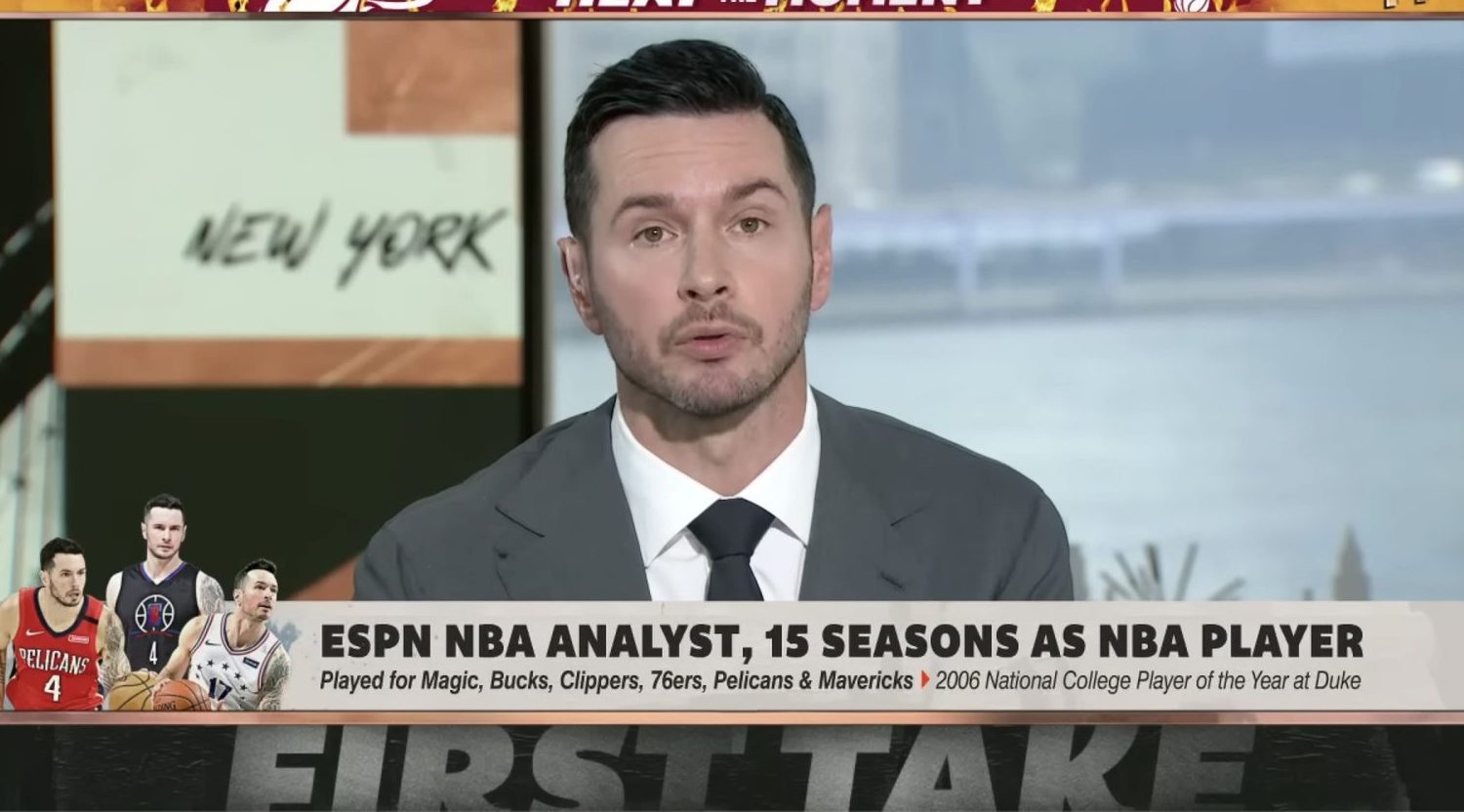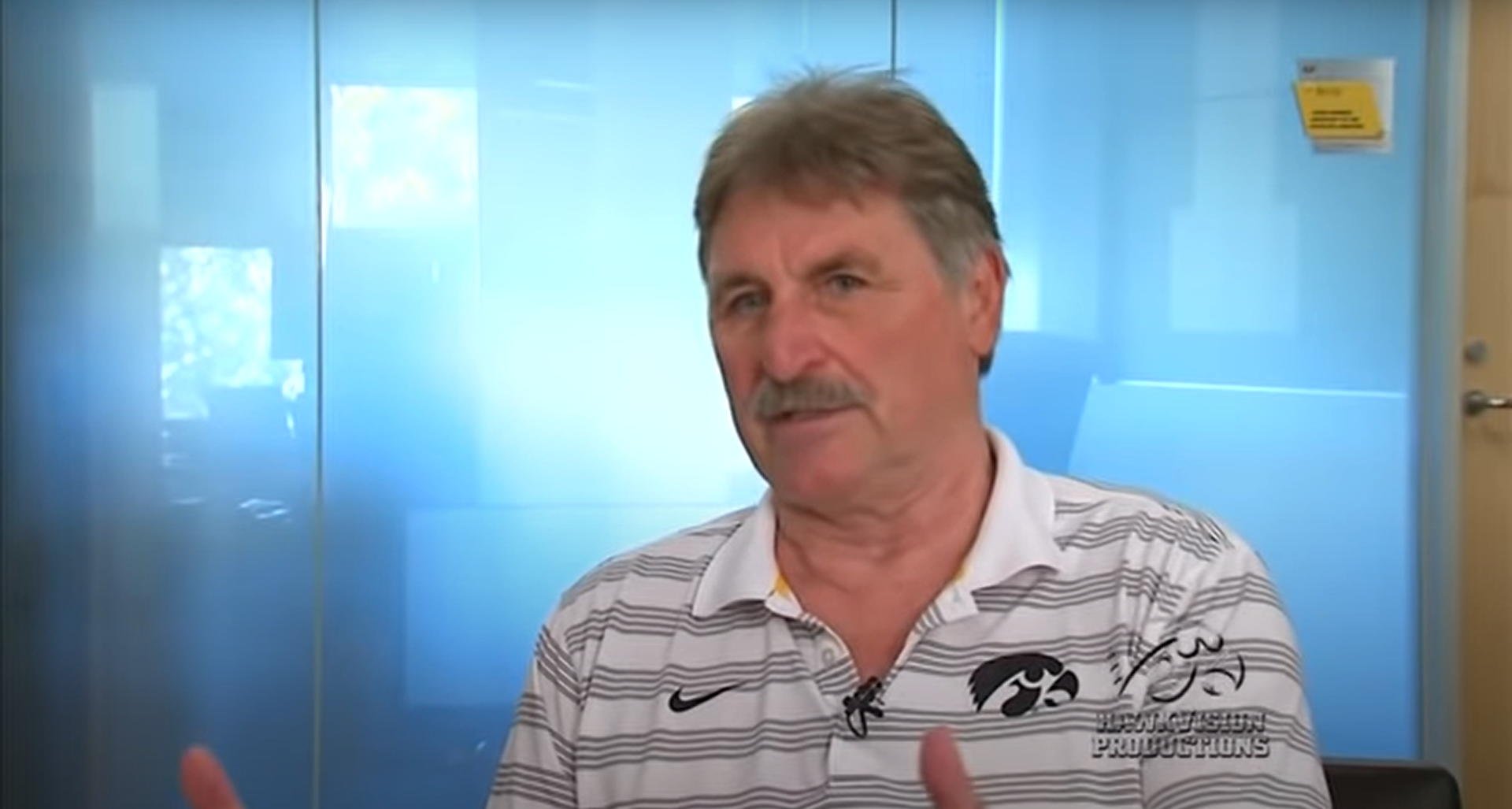It’s an unusual situation when a governmental agency releasing information to the public is a negative thing from a journalistic perspective, but the manner in which the Tallahassee Police Department did so this week is highly questionable. The department has been under plenty of public fire this year thanks to reports from Fox Sports and The New York Times alleging that they hindered investigations against Florida State football players, and an ESPN freedom of information request was set to bring forth plenty of other documents that portrayed the department in a bad light.
The TPD elected to go on a counteroffensive, damaging what would have been a powerful ESPN exclusive by releasing those documents themselves (on Christmas Eve, a low-traffic day if there ever was one). That’s problematic in its own right, especially when you add in the revelation that they acted to rectify a mistake (not testing DNA in a rape case) before releasing the documents, but even more concerning is how the department included the cell phone number of ESPN reporter Paula Lavigne (who submitted the FOI) in that release, potentially subjecting her to harassment from angry Seminoles fans.
Although being open with the public is generally a good thing for governmental agencies, the TPD’s behaviour here illustrates how not to do it, and also feeds into the popular perception that they’re rallying Florida State fans to take on outlets like ESPN that are daring to investigate what’s going on in Tallahassee.
The department’s release of the documents alone has some merits. It’s beneficial to interested members of the public to see the entire context of these releases, not just an ESPN reporter’s summary of them, and it’s difficult to argue that transparency from governmental organizations is a bad thing. However, if the TPD was serious about responding to national media FOIs “professionally and with a commitment to openness,” as police chief Michael DeLeo said in a statement about the release, they wouldn’t have taken this approach. If getting this information out there was important to their “commitment to openness,” it shouldn’t have taken a FOI request to release it, and doing so once hit by a FOI is a gaming of the system that damages ESPN’s story (making it less of an exclusive) to the advantage of their competitors and to no discernible public benefit. In an ideal world, a police force would be professional with every media outlet it deals with. If the TPD thought getting this context out there was important, the professional thing to do would be to release these when ESPN reported on them, not dump them on one of the slowest news day merely to hurt ESPN’s story. Consider that the NSA also released damaging information publicly in a Christmas Eve document dump. The sabotage of ESPN’s story here suggests that the TPD is far from profesisonal, more concerned with doing damage control, spinning the story in the most favourable way to themselves, and goading Florida State fans into a further anti-ESPN mentality (one which was already present).
What’s even more concerning than the release of the documents is the release of Lavigne’s cell phone number, though. That would have been incredibly easy to redact; FOI documents are usually full of such redactions. The decision to leave it in there suggests that the TPD is at least tacitly encouraging harassment of Lavigne by their supporters. Yes, numbers can be changed, and this is unlikely to lead to irreparable harm, but it’s a thoroughly juvenile and unprofessional tactic, and one that’s feeding a problematic Florida State “us against the world” mentality that the TPD should be working to reduce.
Releasing the documents is problematic, but it can be defended by some arguments; giving out a reporter’s phone number to masses of angry fans is much worse. All in all, the TPD managed to find a way to turn a good goal (governmental transparency) into a troubling assault on ESPN as an entity and one of their reporters in particular. In doing so, they provided a prime example of how governmental bodies shouldn’t behave. Here’s hoping that other agencies don’t follow suit with this approach.








Comments are closed.